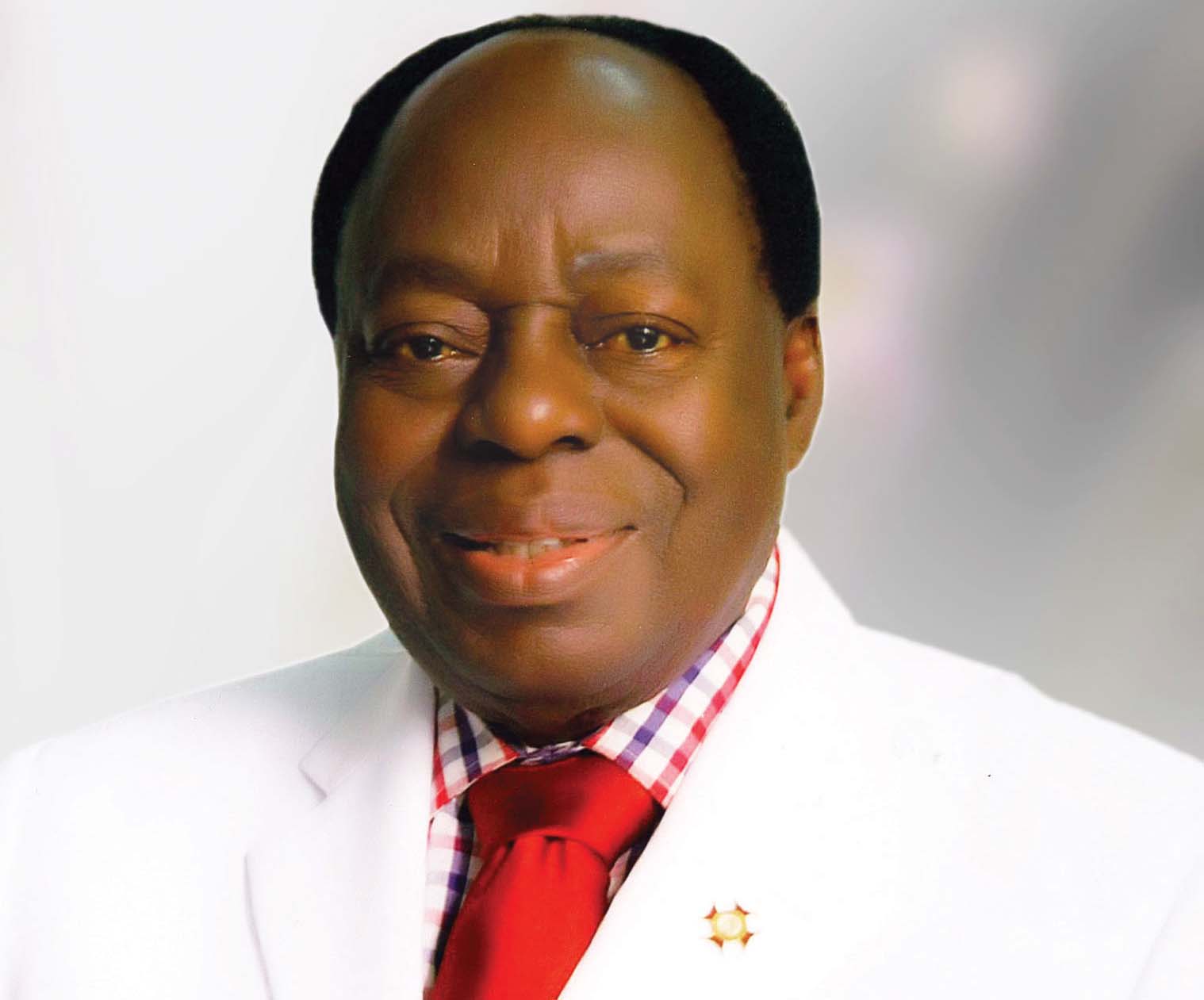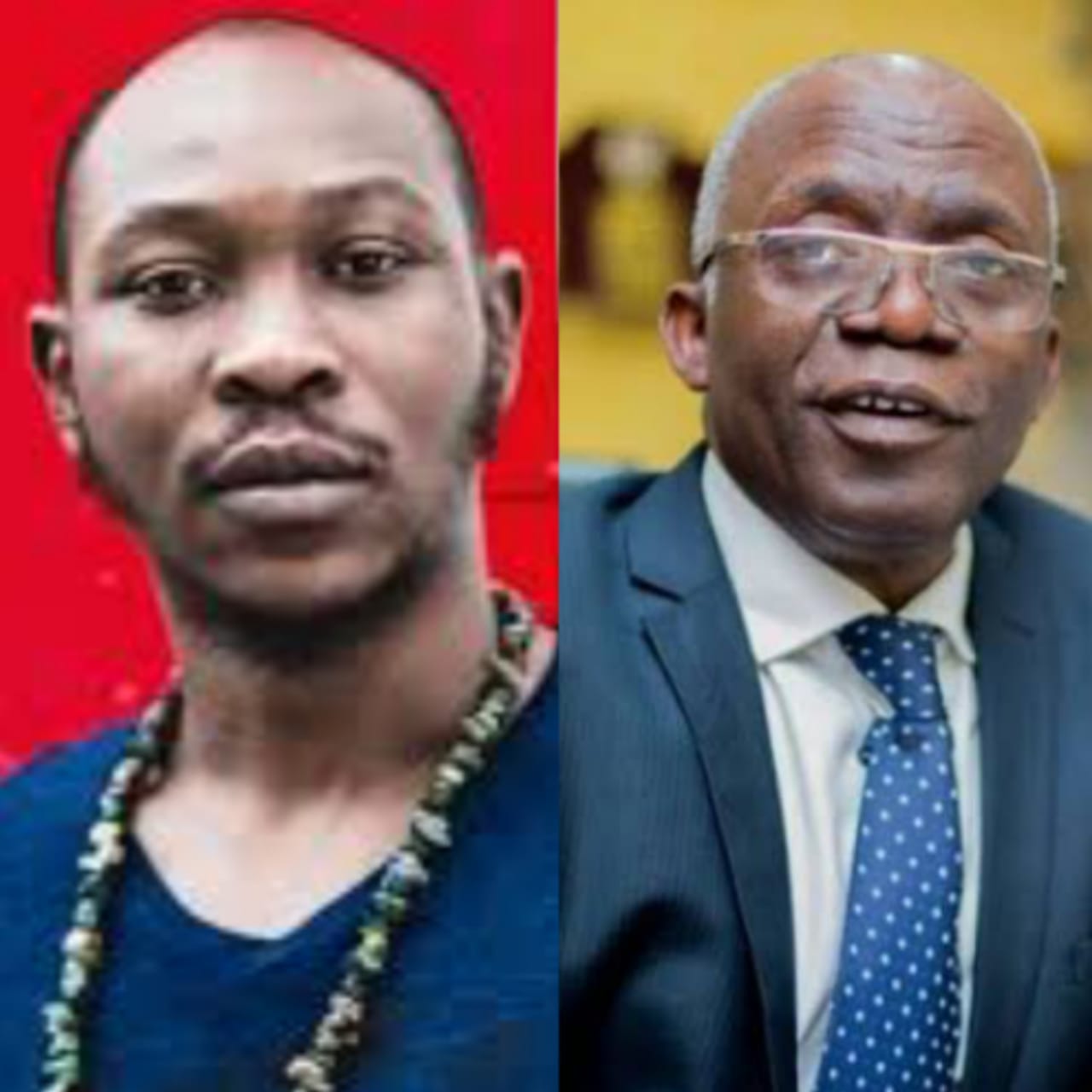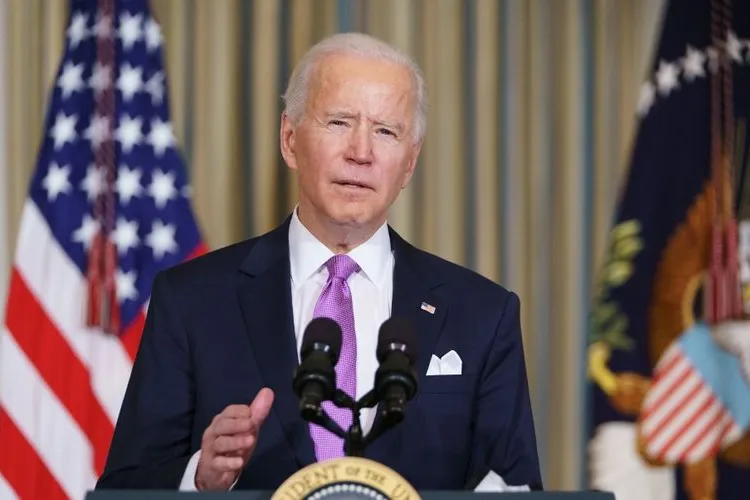Africa
Ramaphosa political fate hangs in balance in South Africa
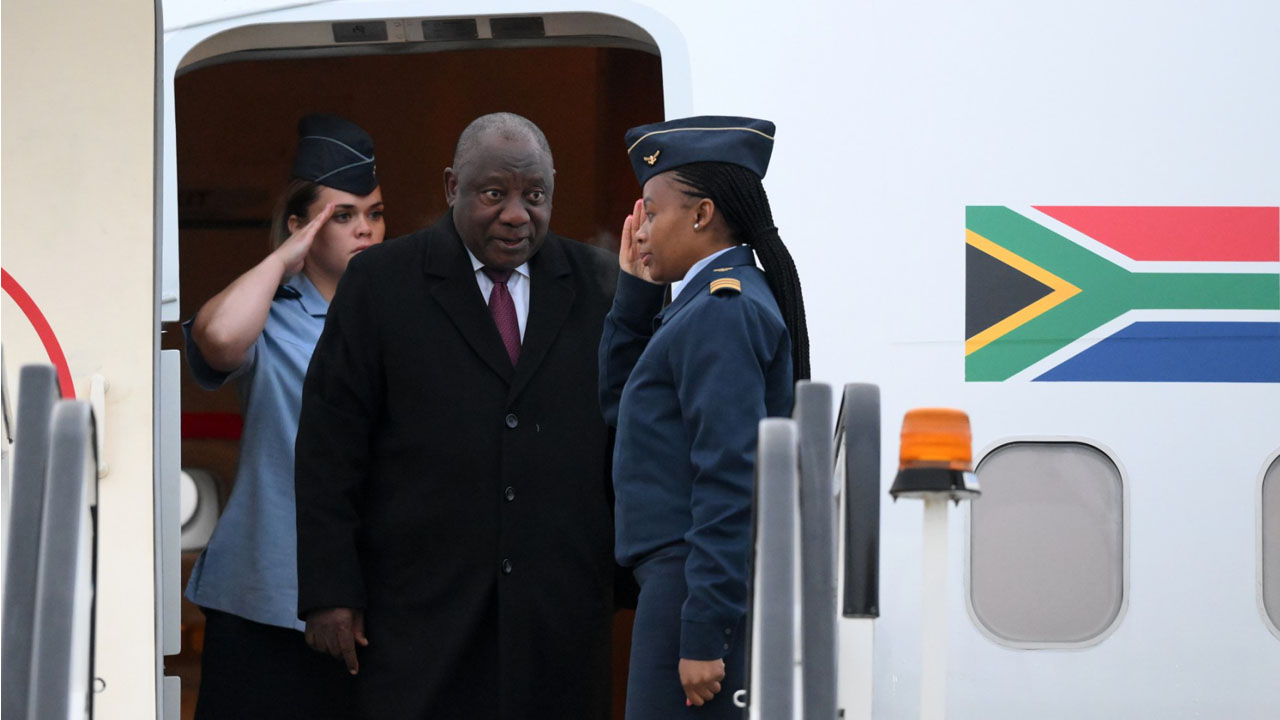
The political future of President Cyril Ramaphosa hung in the balance on Friday, as South Africans wondered whether he would cling to power or resign over accusations that he sought to cover up a burglary at his farm.
On Thursday, the 70-year-old head of state was rumoured to be close to stepping down in the face of calls to quit — but by early Friday, the pendulum seemed to have swung the other way as allies urged him to fight on.
The paramount body of the African National Congress (ANC), which has ruled South Africa since the end of apartheid in 1994, scheduled emergency talks over the deep and divisive crisis.
The ANC “has never been at a crossroad or been incapable of finding a solution to any matter,” Zizi Kodwa, a senior party official and a deputy minister of state security, told reporters outside the venue in Johannesburg.
The rand recovered some ground against the dollar after a sharp drop on Thursday following publication of a report from an independent commission into the scandal.
Ramaphosa has been under fire since June, when a former spy boss filed a complaint with police, alleging he had concealed the theft of a cash haul at his farm at Phala Phala in northeastern South Africa.
Instead of alerting the authorities, he allegedly organised for the robbers to be kidnapped and bribed into silence.
Ramaphosa has denied any wrongdoing and on Friday had a wave of support from within and outside the party.
“There’s no factual and legal basis for (him to go),” Mathole Motshekga, an ANC lawmaker and Ramaphosa ally, told AFP, while a party executive said “top ANC people don’t want him to leave.”
The influential head of the Anglican Church also pleaded for the president to stay on.
“No one should be above the law, but to pass final judgement on a person based on what is in effect a board of preliminary investigation, which has not made a final determination of the facts, could lead to lawlessness in South Africa,” Archbishop Thabo Makgoba, who succeeded Desmond Tutu, said.
– Cash under cushions –
Late Thursday, Ramaphosa’s spokesman Vincent Magwenya said the president was considering all options which will be made in the interest of the country and the government’s “stability”.
The president has denied any wrongdoing, saying the accusations against him were “without any merit.”
But he admitted that $580,000 in cash — which he said was payment for buffaloes bought by a Sudanese citizen — was stolen from under sofa cushions at his ranch.
The vast sum has cast a dark shadow over Ramaphosa’s bid to portray himself as graft-free after the corruption-tainted era of Jacob Zuma.
On Wednesday, the three-person special panel tasked with probing the affair submitted its report to parliament.
It concluded Ramaphosa “may have committed” serious violations and misconduct in not reporting the theft directly to police and in seeking the help of his Namibian counterpart to apprehend the thieves.
Calling for accountability, anti-graft NGO Corruption Watch said if Ramaphosa chooses to go “his resignation should be in the name of accountability and democratic governance principles.”
Parliament is scheduled to examine the report on Tuesday.
The debate could lead to a vote on removing him from office. For this to succeed, a motion has to be supported by at least two-thirds of lawmakers.
– ‘Life goes on’ –
But Motshekga vowed the ANC will “just reject that report and life goes on.”
The scandal has come at the worst possible moment for Ramaphosa, who had looked set to secure re-election at the helm of the ANC — a stepping stone to a second term as national president.
The ANC, which after 28 years in power is experiencing dwindling support, is due to vote in a new leadership on December 16.
Ramaphosa took office at the helm of Africa’s most industrialised economy in 2018 vowing to root out corruption that had taken root across state institutions.
He now risks becoming the third ANC leader forced out since the party came to power after the end of apartheid.
The ANC forced Zuma to resign over graft in 2018, and alsoo pushed Thabo Mbeki out of office in 2008 amidst a power struggle.
Africa
Tunisian court jails opposition leader, bans him from presidential elections
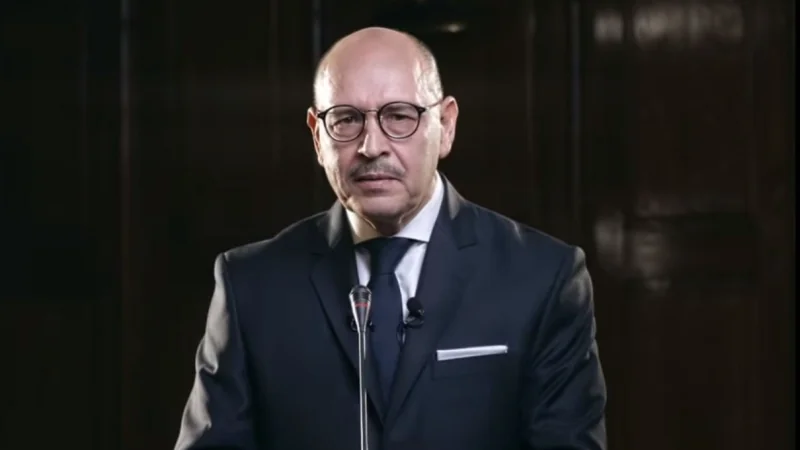
A Tunisian court sentenced opposition party leader Lotfi Mraihi, a potential presidential election candidate, to eight months in prison on a charge of vote buying, his lawyer said on Friday.
The court also banned Mraihi, leader of the Republican Union Party and one of the most prominent critics of President Kais Saied, from running in presidential elections for life, his lawyer Omar Ismail said.
Mraihi will appeal the sentence, Ismail added.
Opposition parties, many of whose leaders are in prison, have accused Saied’s government of exerting pressure on the judiciary to crack down on his rivals in the 2024 elections and pave the way for him to win a second term.
Elected president in 2019, Saied has not officially announced his candidacy for the vote expected to be held on Oct. 6.
Still, it is widely anticipated that he will seek a second term.
He said last year he would not hand power to what he called non-patriots.
The opposition says fair and credible elections cannot be held unless imprisoned politicians are released and the media can do its job without pressure from the government.
In 2021, Saied dissolved parliament and began ruling by decree in a move the opposition have described as a coup.
Saied said his steps were legal and necessary to end years of rampant corruption among the political elite.
(Reuters/NAN)
Africa
Nigerian, South African Defence Chiefs Unite Against Continental Security Challenges
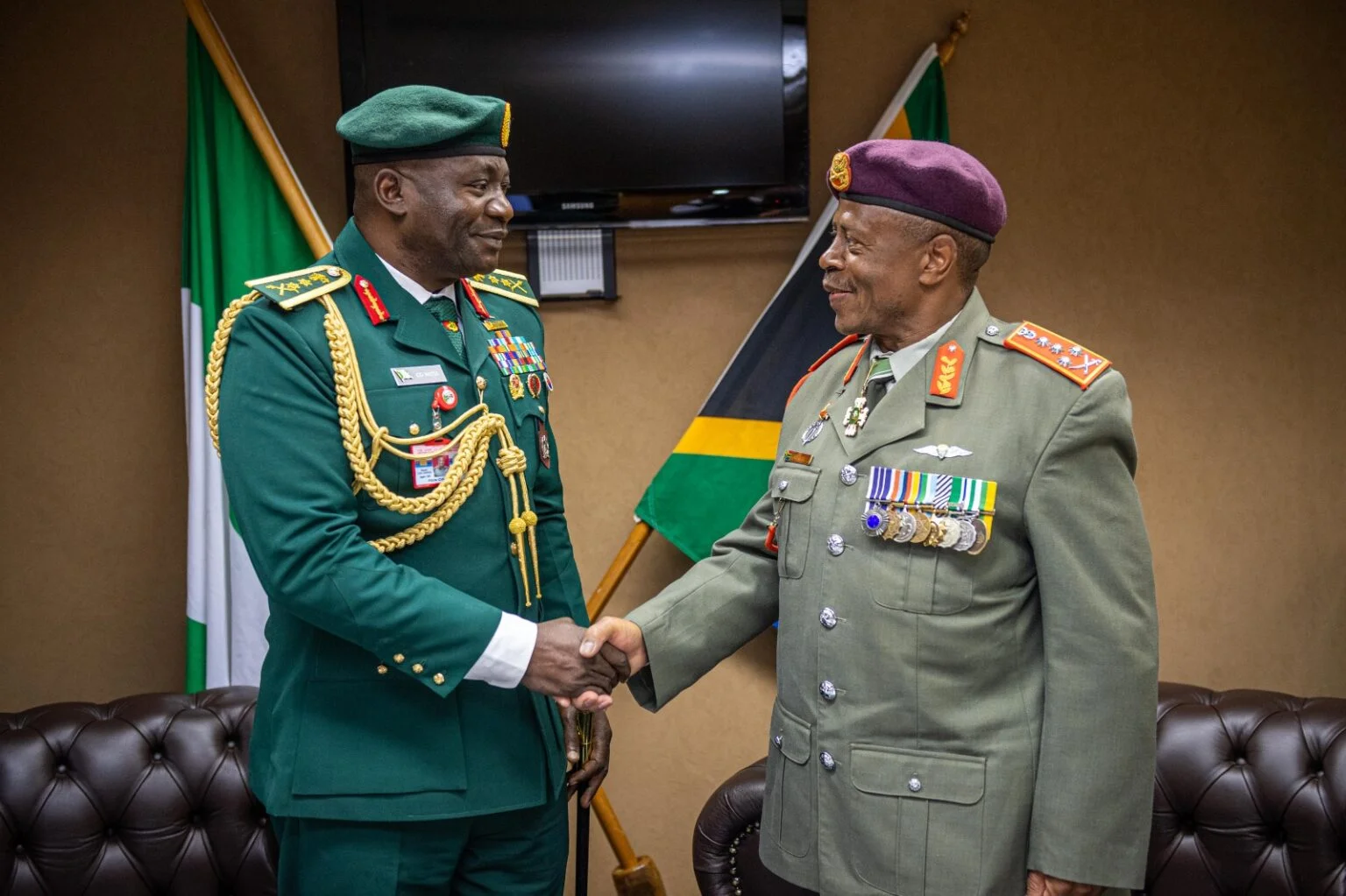
Nigerian, South African Defence Chiefs Unite Against Continental Security Challenges
The Chief of Defence Staff (CDS), Gen. Christopher Musa, has called for stronger ties between the Armed Forces of Nigeria and the South African National Defence Force (SANDF) to tackle the complex security issues facing Africa.
Gen. Musa made this appeal during an official visit to his South African counterpart, Gen. Rudzani Maphwanya, in Pretoria, South Africa. The call for enhanced cooperation was highlighted in a statement released by Brig.-Gen. Tukur Gusau, Acting Director of Defence Information, on Tuesday in Abuja.
“The meeting is a panacea to addressing the multifaceted challenges bedevilling the continent,” Gen. Musa emphasized. He underscored the importance of mutual cooperation and strengthening bilateral ties to combat regional security threats.
During their closed-door meeting, both leaders discussed various strategies to address these challenges, focusing on the exchange of expertise and forging stronger ties for the betterment of the continent.
Gen. Musa was honoured with Cannon Gun Salutes, a mark of high regard, during his visit. Brig.-Gen. Gusau noted the significance of the meeting between the two largest economies and military powers in Africa.
The meeting also saw the presence of SANDF Chiefs of Intelligence, Policy and Plans, International Affairs, and Joint Operations, among other departmental chiefs, highlighting the comprehensive nature of the discussions aimed at enhancing regional security cooperation.
Africa
Ramaphosa takes oath of office for 2nd term as South African president
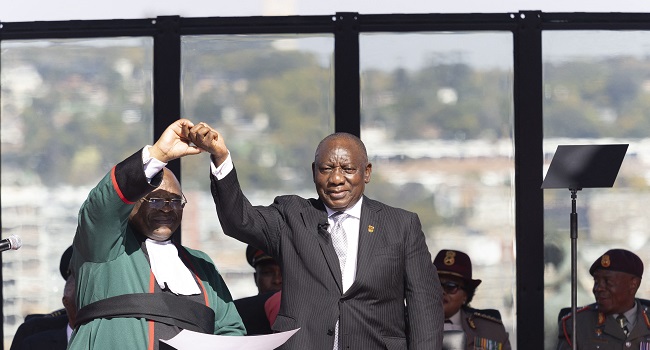
Cyril Ramaphosa, leader of South Africa’s ruling African National Congress (ANC), took oath as the nation’s president for the next five years on Wednesday at Pretoria, the administrative capital.
Ramaphosa, 71, was re-elected as South African president by the National Assembly on June 14 with 283 votes against the other nominee, Julius Malema from the Economic Freedom Fighters, who received 44 votes.
Under the South African Constitution, once elected as president by the National Assembly, the president-elect must assume office within five days.
In the general elections on May 29, the ANC secured 159 out of the 400 seats in the National Assembly.
This is the first time the ANC is falling below the 50 per cent needed to maintain its 30-year-old outright majority in the lower house of parliament.
(Xinhua/NAN)
-

 Business2 years ago
Business2 years agoFacebook, Instagram Temporarily Allow Posts on Ukraine War Calling for Violence Against Invading Russians or Putin’s Death
-

 Headlines2 years ago
Headlines2 years agoNigeria, Other West African Countries Facing Worst Food Crisis in 10 Years, Aid Groups Say
-
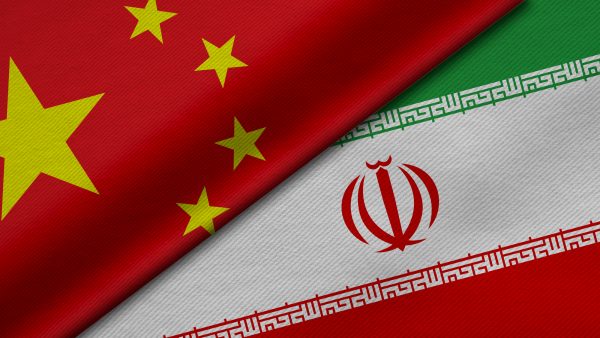
 world3 months ago
world3 months agoIran, China agree on closer military cooperation
-

 Headlines3 weeks ago
Headlines3 weeks agoGoogle announces additional 110 languages translate
-

 Business4 months ago
Business4 months agoWe generated N30.2 bn revenue in three months – Kano NCS Comptroller
-
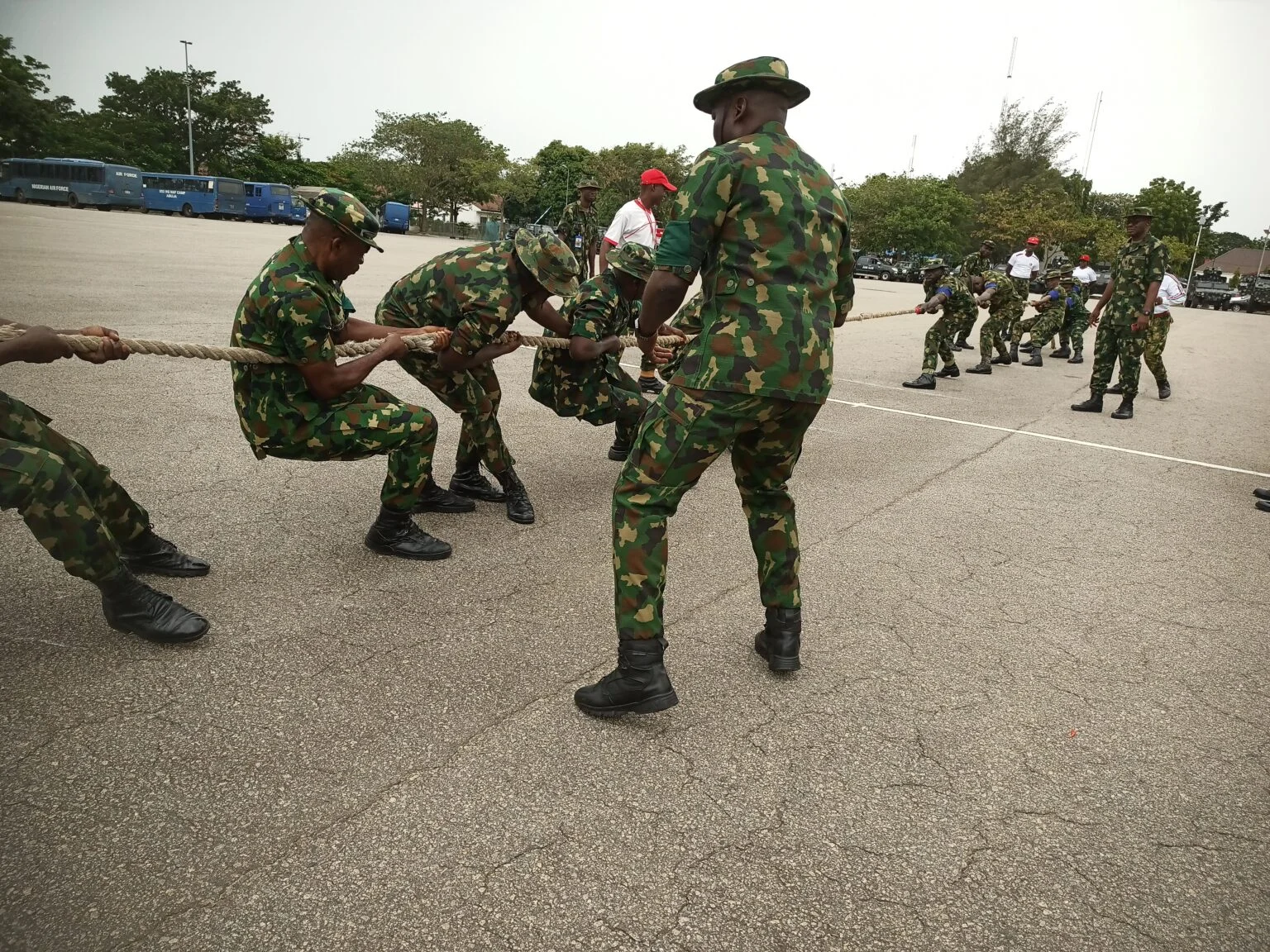
 Headlines1 month ago
Headlines1 month agoGarrison Commander tasks personnel on commitment to training
-
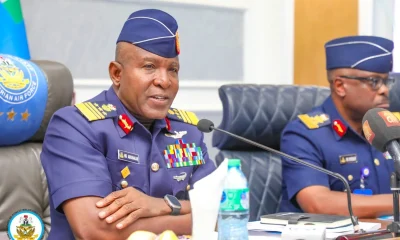
 Defence4 weeks ago
Defence4 weeks agoAir Chief tasks officers on enhanced safety culture in NAF
-

 Headlines4 weeks ago
Headlines4 weeks agoFG commences construction of 250 housing units in Osun


